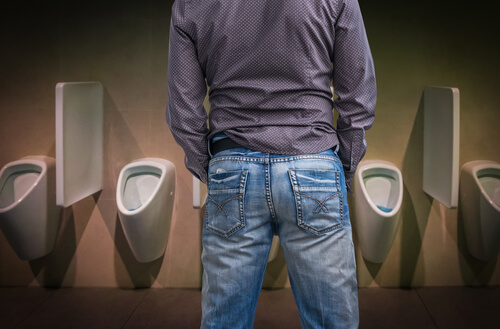
The prostate is a small, walnut-shaped gland found under the bladder. The prostate wraps around the urethra and controls the release of urine. The prostate also produces semen, the fluid that transports sperm.
Men over the age of 50-years are at high risk of developing prostate cancer, especially if it runs in the family. Cancer cells that grow in the prostate will usually stay in this area and don’t spread further in the body. However, prostate cancer is the second most common form of the disease affecting men in the United States, and it’s the leading cause of death in men aged 75-years or older.
Prostate cancer cells typically grow slowly, so there’s time to receive the treatment you need before the disease reaches its advanced stages. Unfortunately, this type of cancer produces symptoms that are barely noticeable in the early stages of the disease. Here are eight signs of prostate cancer that men should know.
1. Difficult or Painful Urination
It’s common for men to develop a condition known as “dysuria,” in middle age. Various adverse health conditions cause dysuria, including bladder infections, bladder cancer, and prostate cancer. Dysuria is best described as a burning sensation while urinating. Sometimes, affected individuals make experience trouble urinating as well, even if their bladder feels full.
Dysuria can cause mild to severe pain in the pelvic area. The condition indicates that a mass is pressing down on the urinary tract. In most cases, this additional pressure comes from an enlarged prostate gland. The prostate can enlarge due to a condition, known as “benign prostate hyperplasia,” (BHP.)
It’s important to note that chronic bacterial prostatitis is a common cause of urinary tract infections leading to painful urination. If you experience frequent bouts of dysuria, it could be from exposure to this bacterium, or it could be a warning sign of prostate cancer, visit your doctor for a diagnosis.



